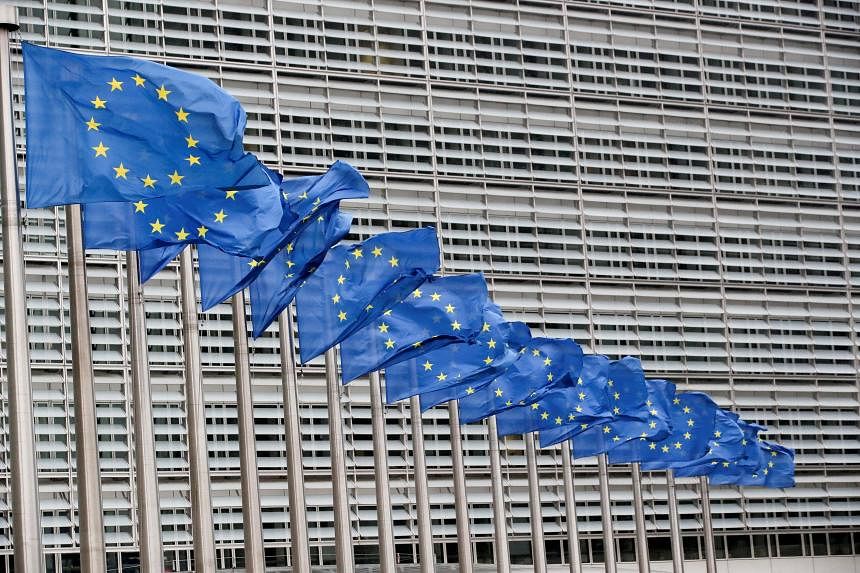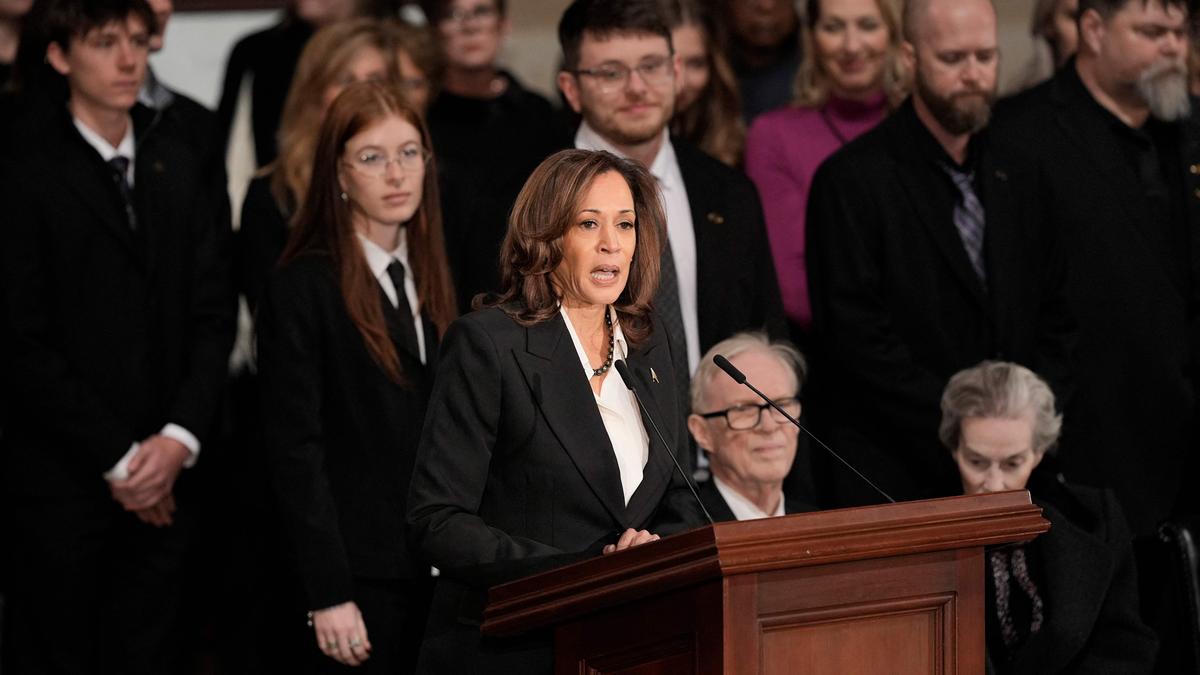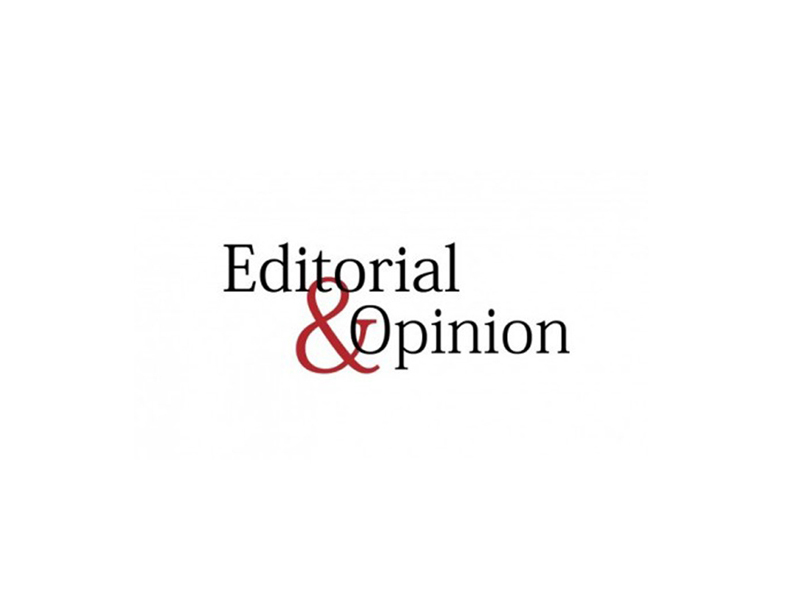Bussiness
Europe hits China with new trade salvo before landmark Xi visit

LONDON – The European Union launched an investigation into China’s medical device market, the latest in a spate of actions that are raising tension ahead of President Xi Jinping’s first visit to the bloc in five years.
The probe was formally announced on April 24 and will seek to address concerns that China unfairly favours domestic suppliers.
The EU already has an inquiry into Chinese government backing for electric car manufacturers, which could lead to new tariffs, and it is scrutinising other industries such as wind energy, solar and railways.
EU relations with Beijing have been deteriorating over the past year and more, as Europe becomes more assertive and more closely aligned with US policy.
European leaders have pushed back against China’s surge in manufacturing capacity, its massive trade surplus and its support for Russia’s invasion of Ukraine.
In Beijing last week, German Chancellor Olaf Scholz warned that Europe will erect more trade defences if Beijing does not heed the concerns about unfair competition, dumping and overcapacity.
China argues that the US and Europe are using such critiques as an excuse for protectionist policies that shield their own less-competitive firms.
All these issues, along with Europe’s calls for China to stop aiding Russia, are likely to be high on the agenda when Mr Xi travels to Europe in early May. He is due to visit EU members France and Hungary, as well as Serbia.
China is one of Europe’s biggest trading partners, but the top EU diplomat in charge of Asia relations was critical this week of the huge export surplus China runs with the bloc.
“Chinese overcapacities and trade imbalances, they are a major factor of course influencing our relationship,” Mr Niclas Kvarnstrom, managing director for Asia at the European External Action Service, said in an interview.
“We certainly think it requires action on their side.”
Spying arrests
In another move this week, EU watchdogs raided a security equipment company under new anti-subsidy laws. While the firm’s nationality was not specified, China’s chamber of commerce in the EU said it was “shocked”.
On top of the economic disagreements, the arrest this week of four people in Germany on accusations of spying for China will add to the tension.
Three were detained on April 22 on suspicion of working for Chinese state security to acquire industrial secrets, while another person was arrested on April 23 in connection with spying on the European Parliament and Chinese opposition figures.
The probe into the medical device market was first reported by Bloomberg last week and will focus on information-gathering from companies and member states. It will need to be concluded within nine months.
If the EU finds a lack of reciprocity in procurement markets, then it could restrict Chinese access to the bloc’s tenders.
Europe in 2023 launched an anti-subsidy investigation into electric vehicles made in China that could see new tariffs introduced by July.
It reflects growing concern about Beijing’s financial support for critical industries, which threatens to swamp would-be competitors in Europe, and a broader EU security strategy that seeks to toughen export controls and investment screenings.
The medical probe is the first use of the bloc’s so-called International Procurement Instrument, a 2022 law that is meant to promote reciprocity in access to public procurement markets. Should a dialogue with Beijing lead to tangible corrective actions, the probe can be suspended at any time.
Chinese leaders have pushed back against European and US criticism that Beijing has skewed China’s market in favour of its companies.
“Industrial subsidies are a common practice in the world,” Chinese Premier Li Qiang said in his talks with Mr Scholz last week, according to a German government transcript.
“Many countries have much more subsidies than China.”
The EU’s approach aligns with a firmer US stance against China.
US Treasury Secretary Janet Yellen told Chinese leaders during her visit in March that the country’s ramped-up factory output has become a global problem.
The US will not take “anything off the table”, including the possibility of additional tariffs, to stem the flood of Chinese goods, she told CNN earlier in April.
BLOOMBERG









